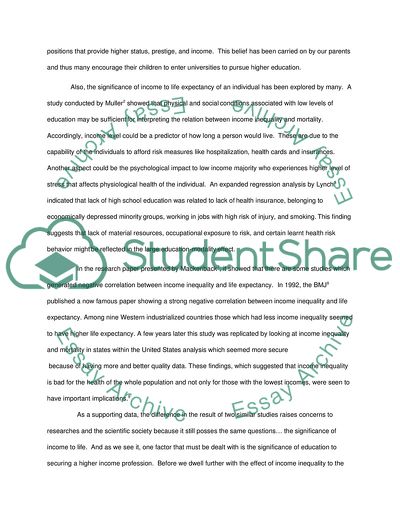Cite this document
(Examining the Relationship between Education Levels and Experience on Research Proposal, n.d.)
Examining the Relationship between Education Levels and Experience on Research Proposal. https://studentshare.org/education/1706617-examining-the-relationship-between-education-levels-and-experience-on-income-levels-this-is-a-research-proposal-essay
Examining the Relationship between Education Levels and Experience on Research Proposal. https://studentshare.org/education/1706617-examining-the-relationship-between-education-levels-and-experience-on-income-levels-this-is-a-research-proposal-essay
(Examining the Relationship Between Education Levels and Experience on Research Proposal)
Examining the Relationship Between Education Levels and Experience on Research Proposal. https://studentshare.org/education/1706617-examining-the-relationship-between-education-levels-and-experience-on-income-levels-this-is-a-research-proposal-essay.
Examining the Relationship Between Education Levels and Experience on Research Proposal. https://studentshare.org/education/1706617-examining-the-relationship-between-education-levels-and-experience-on-income-levels-this-is-a-research-proposal-essay.
“Examining the Relationship Between Education Levels and Experience on Research Proposal”. https://studentshare.org/education/1706617-examining-the-relationship-between-education-levels-and-experience-on-income-levels-this-is-a-research-proposal-essay.


